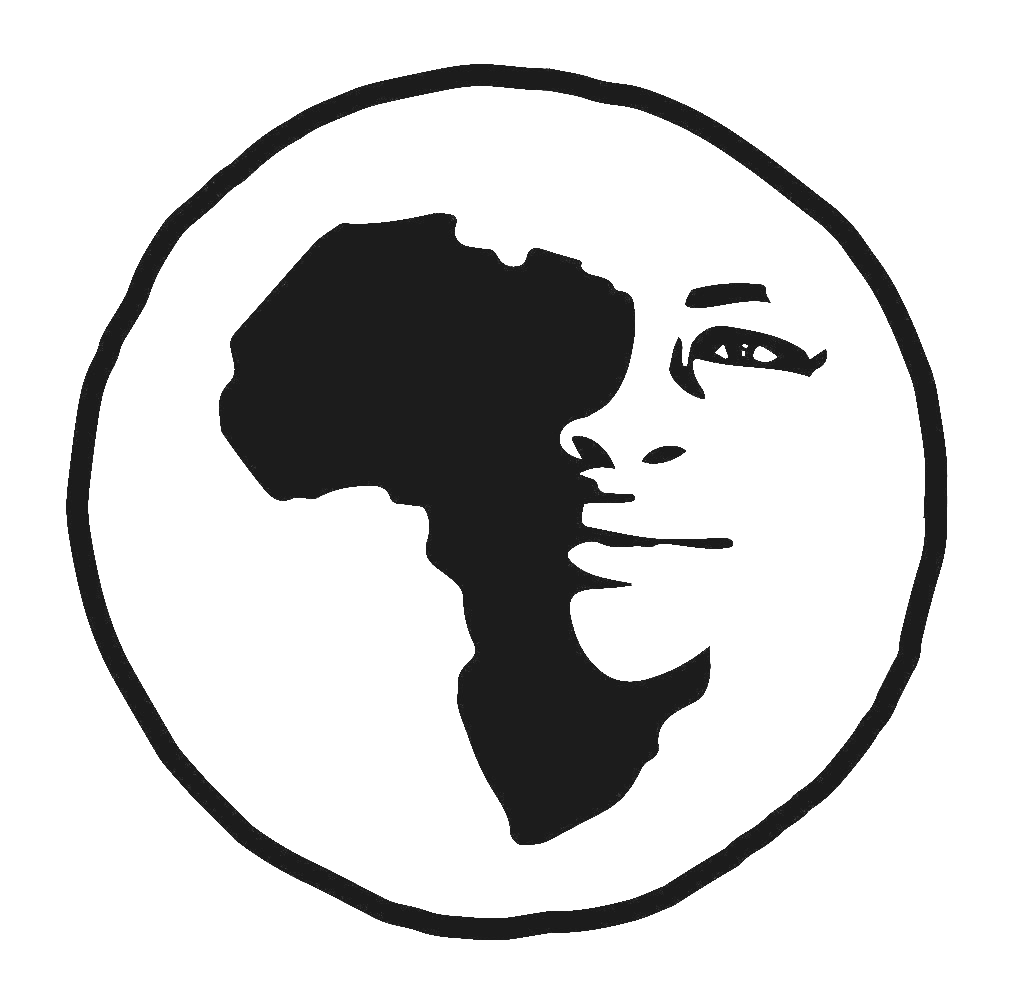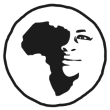In 2015, we ran a year-long intern program in South Africa. Combined with classroom teachings, hands-on experience, leadership opportunities, and a trip to other projects in Africa, the interns had a firsthand experience of living as a foreigner in a culture very different than their own. Tom Gregory, a UK resident that interned in 2015, shares about his experience and the ways it challenged him in his thinking when it comes to being a foreigner and what it looks like to help…
When I arrived at the Ten Thousand Homes location in South Africa in 2015, I brought with me an unspoken belief that I had a central role to play in alleviating the myriad of problems that South Africans faced. I was the product of a university education, formative worldly experiences, and a bottomless well of good intentions. If only I applied my energies to Ten Thousand Homes’ work, I would provide the antidote to remedy South Africa’s ills.
Unsurprisingly, this mistaken confidence in my own abilities was quickly eroded as I began working at Ten Thousand Homes. I soon learned that South Africa’s challenges were complex and could not be solved by the arrogance of western wisdom. Indeed, these struggles were caught up in a daunting intersection of language, tradition, and identity that I simply did not understand.

I now believe that such is the breadth and depth of these challenges, they cannot be fully comprehended, let alone solved, by well-meaning international volunteers. Furthermore, that the hope of South Africa’s future rests not in the hands of people like myself, but in the hearts and minds of African men and women.
I hope that I and other like-minded volunteers will never use this realisation to excuse ourselves from asking how we can contribute to bringing hope to these situations.
I think that one of the ways we can do this is by finding ways to be ‘the scaffolding’ for local people who are trying to bring hope to their communities. In other words, to provide structures and resources that equip individuals to lead change.
Education must be a central plank in this scaffolding process. Whether expressed in terms of academia, healthcare, or culture, education is a vehicle through which individuals access self-definition. The process of self-defining can empower the individual to break the cycle of poverty and dependence and rewrite their personal future.

Importantly, when we encourage opportunities for education and knowledge sharing, we do not just benefit individuals. By identifying leaders and helping them to access education, we sow the seeds for broader community transformation. I mean this in the sense that as we build leaders and teachers, there is a trickle-down effect, where empowered individuals share their own learnings in order to equip future generations to also realise change.
In closing, I would like to share how the experiences of the last few weeks, where the world continues to be been shaken by George Floyd’s death, have reminded me of another learning about education that I took from living in South Africa. This is that we never arrive at a place where education ceases to be relevant.
If we are serious about effecting change for the most voiceless and disenfranchised in our world, we must be willing to confront the narratives we tell about our own histories and about where power comes from. We must strive to understand these truths even when they expose our own ugliness. I therefore believe that the journey of education, change, and hope is one we must all make.
There is much to be learned when volunteers go to live in a foreign land. We must work hard to shift our thinking from a vertical relationship of serving to a horizontal relationship of solidarity, knowing that we are in this together. The more we can empower each other, especially those that live locally, the more change we can effect.





